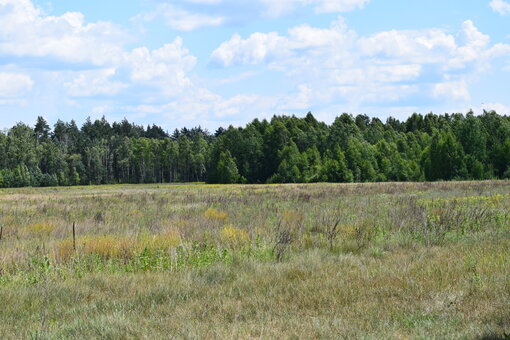The project aims to transform drained peatlands into a model for ecologically conscious agriculture, with a focus on reducing greenhouse gas emissions, enhancing soil fertility, and protecting endangered species. It embraces paludiculture, a sustainable form of wetland farming designed to reduce carbon emissions by rewetting and cultivating peatlands. Wendelin Wichtmann (Michael Succow Sitftung) was commissioned to assess its feasibility in Ukraine, with Olga Denyshchyk securing alignment with Ukrainian conditions. Their work included conducting a comprehensive desk study and producing a compendium of findings, which was made available in Ukrainian.
The compendium is intended for farmers, representatives of local communities, the scientific community, and civil society. Its purpose is to provide a scientific basis for the implementation of internationally recognized environmentally-oriented agricultural practices, particularly on wet peatlands, adapted to the unique conditions of Ukraine. The compendium also provides recommendations for the application of paludiculture practices on restored peatlands, combining environmentally-oriented solutions with economic efficiency.This is the first collection in Ukraine that contains scientific information about paludiculture a sustainable land-use method, already being implemented in European Union member states.
MSF also engaged with local stakeholders to identify the most promising areas for paludiculture development in Ukraine. The project culminates in a final workshop, bringing together all key stakeholders to discuss the findings and foster collaborative efforts for future sustainable land use in the region.
![[Translate to EN:] Banner Stiftung](/fileadmin/_processed_/b/c/csm_banner-stiftung_fee6c1c492.jpg)
